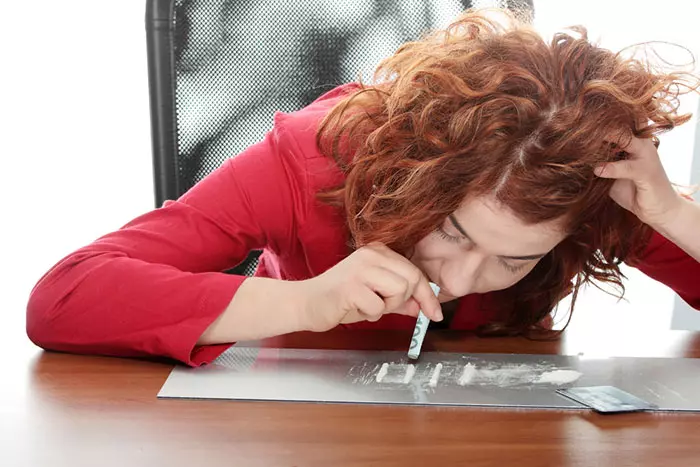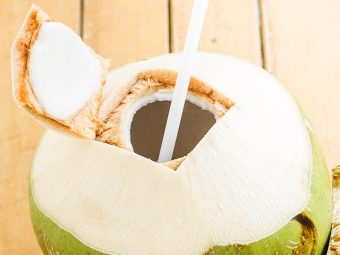The Likely Cause of Addiction Has Been Discovered & Its Not What You Think

Image: Shutterstock
Everyone has their vices – chocolates, coffee, or maybe a weakness for shoes. Human beings are in some way always seeking gratification for their addictions.
Relatively harmless, most obsessions do little more than decrease your bank balance or increase your waistline.
However, what happens when an addiction turns deadly? Drug addiction has often caused unhappy endings in relationships, career, and life in general. What starts out as a “happy high” can spiral out of control and spell doom.
The dictionary definition of addiction is a chemical dependency caused by the way the body reacts to prolonged exposure to certain substances. Over the years, youngsters have been warned about the devastating effects of drug addiction.
However, in his book “Chasing the Scream: The First and Last Days of the War on Drugs”, Johann Hari questions the fundamental beliefs on the causes of addiction.
He believes that there is a vital element of one’s life that drives addiction.
He draws a parallel between an anti-drug commercial from the 1980s and Vancouver Psychology Professor, Bruce Alexander’s “Rat Park” experiment.
In the advertisement, a rat is shown placed in a cage with only two water bottles – one containing pure water and the other laced with heroin or cocaine. The rat eventually becomes addicted to the laced water and drinks it till it dies.
In the “Rat Park” experiment, Professor Alexander repeats the laced bottle experiment with a minor alteration in environment. Here, the cage was filled with toys, tunnels, food, and most importantly, the company of other rats.
Similar to the first experiment, the cage had two bottles of water as well. Funnily, while the rats did try the drugged water, none of them got addicted or died.
The differences in the result of the addiction caused Professor Alexander to conclude that the rat from the first experiment didn’t keep drinking the drugged water because it had to, but rather because he was alone in the cage and had nothing to do. The rats in he the happier “Rat Park” environment were able to ignore the drugged water in spite of tasting it because of their environment.
In his book, Johann Hari explores the possibility that this may just be a unique characteristic of rats until he realised that the exact same comparison could be made to home returned Vietnam war veterans. He recalls reading that although 20 percent of soldiers stationed overseas developed heroin addictions there, a staggering 95 percent of them were able to kick the habit when they came home. Just like the rats, once the soldiers were removed from the stressful and frightening war environment and returned to happier and familiar surroundings, they were able to overcome their addiction.
According to Professor Alexander, it is the calibre of one’s “cage” that causes addiction.
He proved his theory with yet another amendment to the rat experiment – he removed rats from the first cage (that had developed addictions) and placed them inside the Rat Park. The addicted rats had consumed drugged water in isolation for 57 days straight and were once again placed in an environment where drugs were easily available.
While the natural assumption would be that the rats would continue their addiction, surprisingly, after experiencing brief withdrawal symptoms, they were able to completely kick the habit!
Based on these experiments, Johann Hari believes that the real cause of addiction lies not on the chemical dependencies of the brain to certain substances but on the external environment.
Happier environments and company may be the easiest way to kick the addiction. Rather than isolating victims of substance abuse, Hari suggests placing them in a positive and social environment.
So, if you know someone suffering from addiction, don’t shun them, a friendly smile and a few kind words may be all they need to get on the road to recovery.























